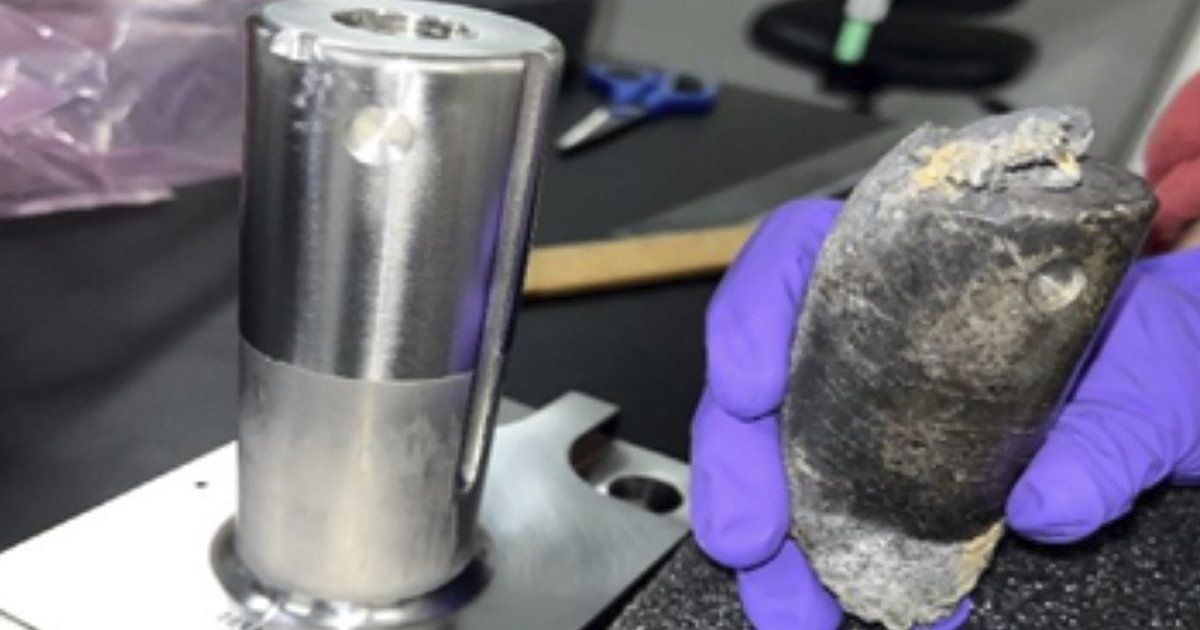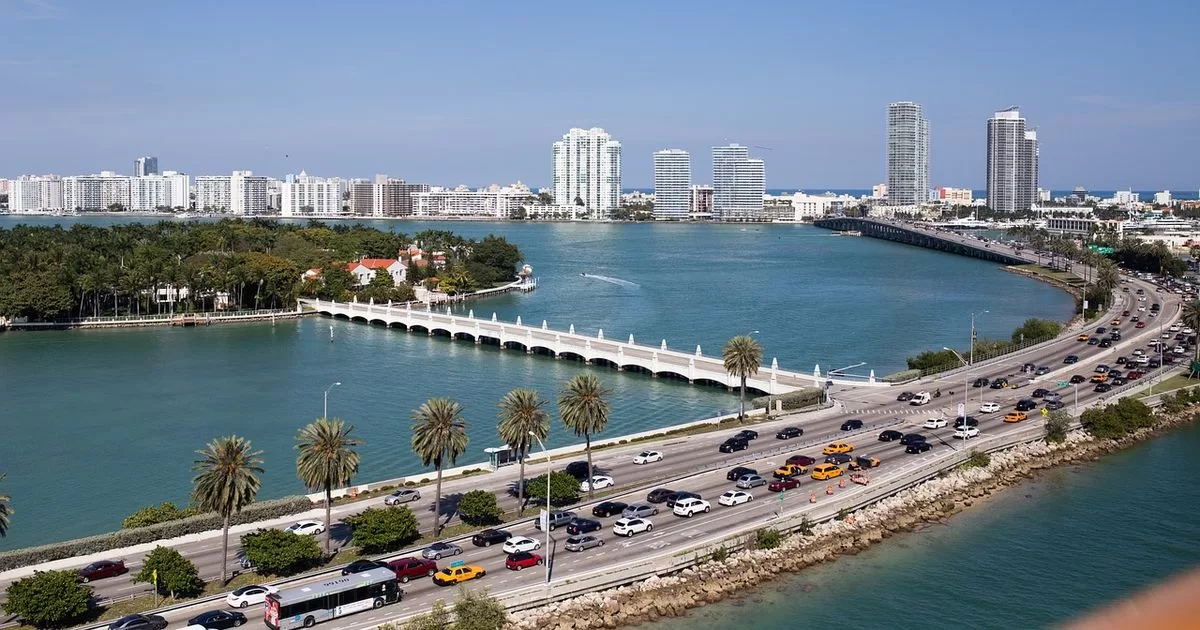MCALLEN, Texas, USA (AP).- The Panamanian girl who was born with heart problems and died on Wednesday, May 17, while being detained by Border Patrol is the second death of a Latin American child in US government custody in two weeks.
The 8-year-old girl and her family were at the center in Harlingen, Texas, in the Rio Grande Valley, one of the busiest corridors of immigrant border crossings. The Border Patrol’s supervisory agency, Customs and Border Protection (CBP), has struggled to deal with overloading its facilities, caused by a sharp increase in the arrival of immigrants before they last week an asylum restriction related to the COVID-19 pandemic ended.
The girl suffered a “medical emergency” and authorities called emergency services. She was taken to a nearby hospital, where she died, the agency said. Authorities ordered a necropsy to be carried out.
The minor’s name was Anadith Danay Reyes Álvarez, reported Honduran consul José Leonardo Navas, who works in McAllen, Texas. He said that the girl was from Panama, although her parents are from Honduras. The little girl, added the consul, was traveling with her father, her mother and two older brothers.
The girl was born with heart problems and underwent surgery three years ago in Panama, according to the father, who spoke with the consul.
CBP’s internal affairs office will investigate the incident, and the Department of Homeland Security’s inspector general and Harlingen police have been notified, CBP reported.
The girl’s death occurred a week after a 17-year-old Honduran boy, Ángel Eduardo Maradiaga Espinoza, who was traveling alone, died in the custody of the Department of Health and Human Services (HHS for its initials in English).
This year, a 4-year-old Honduran girl, “in a delicate state of health and unaccompanied,” died at a hospital in Michigan, HHS said in a statement Thursday. The agency noted that the minor, who was under the care of the department’s Office of Refugee Resettlement (ORR), was transferred to a hospital on March 14 after an “event of cardiac arrest.” She died three days later, the agency detailed.
In recent weeks, the US authorities have struggled with the huge number of migrants who arrived at the southern border due to the end of the so-called Title 42, the rule that had limited the entry of migrants during the pandemic in order to avoid contagion.
Last week, hundreds of migrants were held in the open on US soil between two San Diego border walls. Many subsisted for days on a limited diet of water, chips or granola bars given to them by Border Patrol, and any other food that volunteers or vendors passed through openings in the wall.
Pedro Rios, director of the U.S.-Mexico border program for the American Friends Service Committee, a nonprofit peace organization, said Thursday that portable toilets were too full to use, forcing migrants to leave. relieve yourself outdoors. He said Border Patrol asked him to call 911 after volunteers found an 8-month-old baby “unwilling and vomiting” behind walls. The camp has already been broken.
Activists also warned Thursday of the dangerous conditions facing migrants still in Mexico trying to gain access to the United States. In a press conference they indicated that they had visited several camps in Mexican territory to assess the conditions and found little access to medical attention.
Amy Fischer, director of refugee and migrant rights at Amnesty International USA, said that “virtually everyone” she saw on the Mexican side of the border “had some kind of health problem that they were dealing with.” She added that it was “practically universal” for migrants to “pull up their shirts and show some kind of irritation or say that my son has this or that disease.”
Last week, Border Patrol began releasing migrants into the United States without summonses to appear in immigration court, instead directing them to appear at immigration offices within 60 days. The decision saves border agents time by exempting them from cumbersome paperwork and allowing them to free up space in detention centers. A federal judge in Florida ordered a halt to those quick releases.
Border Patrol had 28,717 people in custody on May 10, a day before pandemic-related asylum restrictions expired. That number was double what it was two weeks earlier, according to a court document. By Sunday, the number had fallen 23%, to 22,259 people, a number that remains unusually high.
The Border Patrol has a network of stations and processing centers along the southwestern border, where it detains and processes migrants arrested by agents, before releasing them on US soil or turning them over to Immigration and Customs Enforcement. On its website, the agency says it has a maximum capacity of 5,000 people, though the agency has been rapidly increasing capacity in recent months.
The average detention time on Sunday was 77 hours, five hours longer than agency regulations allow.
During the presidency of Donald Trump, the deaths of children in the custody of US agencies were the focus of controversy. Critics questioned the government’s efforts to protect the most vulnerable immigrants at a time when the number of families with children arriving at the border was increasing. At least six minors died during a period of almost a year between 2018 and 2018; were detained by Border Patrol or HHS.
___
Santana reported from Washington. Associated Press writers Elliot Spagat in San Diego and Gisela Salomón in Miami contributed to this report.






